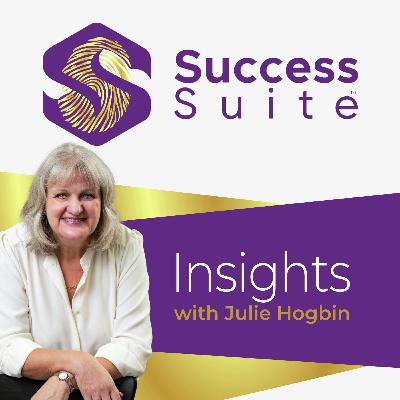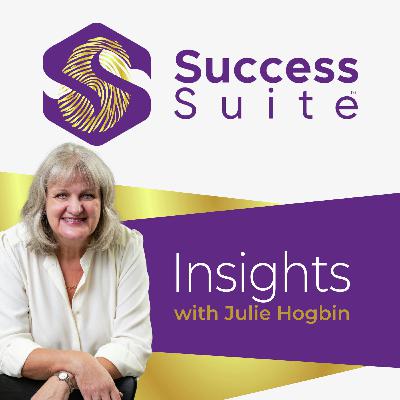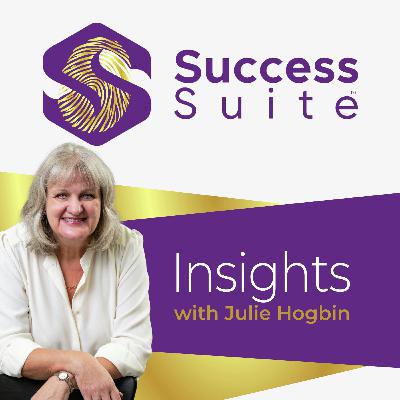Julie discusses the importance of effective communication and participative management in business relationships, sharing shares insights from her experience working in a participatively managed consultancy business and highlighting the benefits of this approach, such as diverse skill sets, enhanced creativity, and increased ownership and accountability.
KEY TAKEAWAYS
Participative management and leadership structures require agreed sets of rules and regulations to effectively operate. Without clear communication and a shared vision, relationships can break down and negatively impact the business.
In a participative management structure, everyone has equal power and authority. Decision-making is a collaborative process, and all members of the team contribute to the decision-making process.
The agreed rules and boundaries within a participative management structure cover various aspects such as performance management, absence, expenses, salaries, rewards, decision-making processes, conflict management, attendance, and roles and responsibilities.
Participative management structures offer benefits such as diverse skill sets, enhanced creativity and innovation, ownership and accountability, and the opportunity to challenge the status quo and think differently.
BEST MOMENTS
"Business relationships and relationships break down. It doesn't mean they break down because people are not good people. They break down because the communication and the vision, the objective has lost sight."
"When you operate participatively, it means that everybody has equal power. And when you do that, you have to have agreed sets of rules and regulations of how you operate."
"Everything worked because the 14 people made really solid sound decisions to do whatever it was that was required to do. And nothing went ahead without those 14 people agreeing, which when you think about that is stunning."
"Communication, communication, communication, and creating the culture that allows you to challenge, support, be proactive, adopt change, be flexible, you know, really working towards collaborative, participatively managed and led, respectful working environment. And that's the key to success."
VALUABLE RESOURCES
The Life-Changing Magic of Setting Goals book by Julie Hogbin The Authorities - Julie Hogbin: Powerful Wisdom from Leaders in the Field book by Julie Hogbin, Raymond Aaron, Marci Shimoff, Dr John GrayStress The Reality by Julie Hogbin
https://www.facebook.com/JulieHogbin2 https://www.facebook.com/ConsciousLeadership/ https://www.linkedin.com/in/juliehogbin/ https://twitter.com/JulieHogbin https://www.instagram.com/juliehogbin/ https://www.pinterest.co.uk/julieahogbin https://www.youtube.com/channel/UCCne4bj3FIabagif_N7maTA
I started my career within the accountancy profession, moving on into auditing, then Learning & Development where I have spent over 30 years.
In 2011 I threw everything up in the air and became a property investor via forex, trading and learning how to build websites & internet market whilst walking on fire 😊
I have worked with over 20,000 Leaders at every level of Management and Leadership for over 30+ years. In the latter years working with CEOs, SMTs, boards of trustees & Entrepreneurs.
I have worked with the public, the private and the entrepreneurial sectors of the market. The Leadership messages are the same across the sectors – the application may be different but all are Business’ where Conscious and Principled Leadership reaps rewards for all parties concerned.
I work with the human element of Business and my passion is enabling others to be the best they can be through providing them with the information they need to be more effective than they currently are. Unleashing potential and providing knowledge enables the best decisions to be made for the Business, the Employee, the Leader (themselves), their families and the greater social economy.
I am a Coach, a Mentor (and I know the difference) Trainer, Author, a property investor and public speaker
I love to travel, sunshine, smiley people, intelligent conversation, laughter, learning, networking, supporting others, property as a business, investigating ‘stuff’ problem-solving, asking questions that make people think, creating aha moments, gardening and flowers and being outside.








